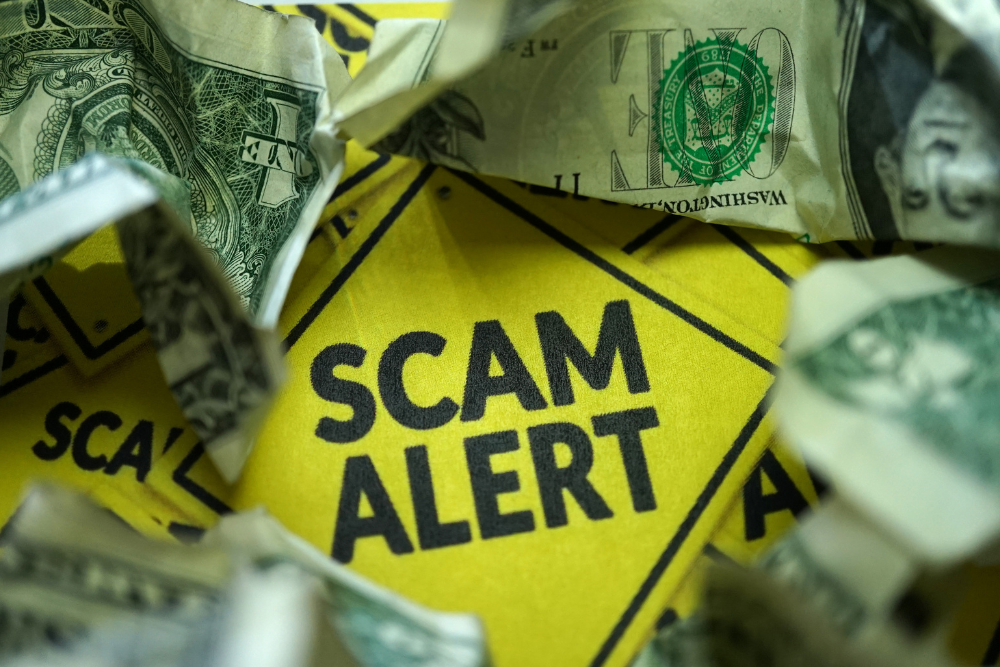Beware of Scam Texts Pretending to Be from the RI DMV
The Rhode Island Division of Motor Vehicles (RI DMV) has issued an urgent warning to residents about a recent surge in fraudulent text messages impersonating the DMV. These messages are part of a growing scam designed to trick recipients into clicking malicious links and sharing personal or financial information.
What Do These Scam Messages Look Like?
The messages often claim to be a “Final Notice” from the DMV and threaten license suspension, fines, or other legal consequences. According to the press release shared by the DMV on June 3, 2025, one recent example of a fraudulent message is:
“Department of Motor Vehicles (DMV) Final Notice: Enforcement Penalties Begin on May 30. Our records indicate that you currently have an unpaid traffic violation… Please pay immediately before enforcement to avoid license suspension and further legal disputes…”
These messages may look official, but they are completely fraudulent. They often cite fake legal codes and link to illegitimate websites that are trying to steal your personal information. Beyond the press release from the DMV, there have been additional complaints online and in other spaces of scam texts saying that the dmv is now accepting mobile appointments or that individuals need to pay unpaid tolls through a suspicious link that they receive in a text message.
What You Need to Know
-
The RI DMV does not send payment demands or threats by text message.
-
Clicking on scam links could lead to identity theft, malware, or financial fraud.
-
Scammers prey on urgency and fear to get people to act without thinking.
How to Protect Yourself
-
Do not click on any links in suspicious text messages.
-
Never share personal or financial information via text.
-
Always verify DMV-related issues through official channels:
-
Use the RI DMV’s secure portal: https://ridmvservices.ri.gov/guest-signin
-
Visit the official DMV site: www.dmv.ri.gov
-
If You Receive a Suspicious Message
-
Forward it to 7726 (SPAM) to alert your mobile provider.
-
Report the scam to the FBI’s Internet Crime Complaint Center: www.ic3.gov
-
Submit a complaint to the Federal Trade Commission: https://reportfraud.ftc.gov
Protect Yourself
As scammers grow more sophisticated, it’s critical to stay informed and cautious. If something feels off, trust your instincts and take time to verify before taking action. If there is a trusted individual in your life who you can ask to help you verify or a community member such as a staff member at your local library. Stay safe, Rhode Island!

